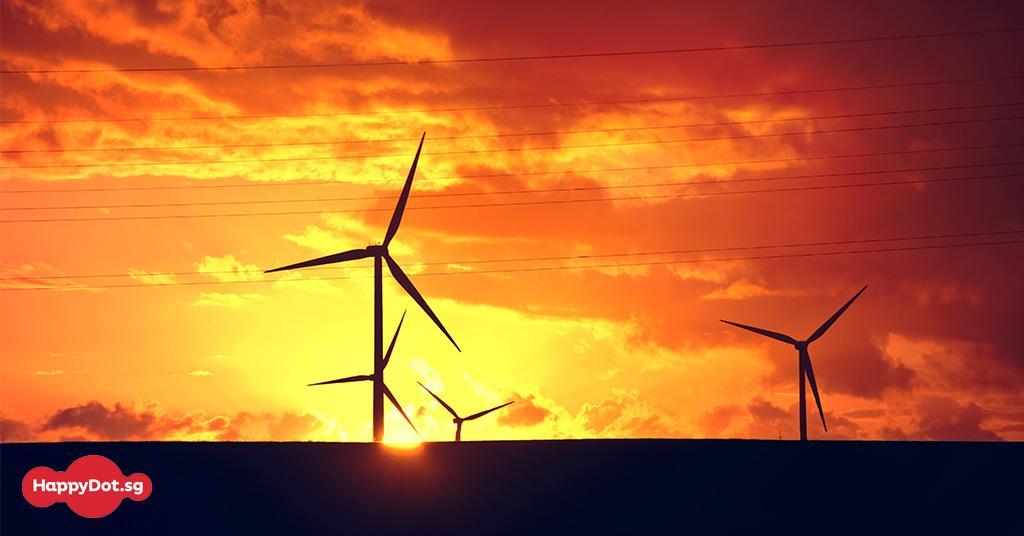
We are no strangers to climate change and global warming. The combined land and ocean temperature has increased at an average rate of 0.08°C per decade since 1880, and from 1981 onwards1, temperatures have gone up twice as much.
The need for green efforts has grown more urgent due to recent current affairs. In April, a protest was staged by NASA scientist, Peter Kalmus, imploring people to heed the warnings of climate change experts. This incident sparked much online attention and conversation. A trending hashtag – #LetTheEarthBreathe even emerged on Twitter! This demonstrates the importance of taking action now. Fortunately, more Singaporeans (6 in 10) are becoming aware of environmental social issues and 57% believe in the idea of investing solely in sustainable funds2. If everybody takes steps towards building a greener landscape, empowering positive change is possible.
Here’s a look at some easy practices we can all adopt and incorporate into our daily lifestyle.
Turn Off When Not in Use
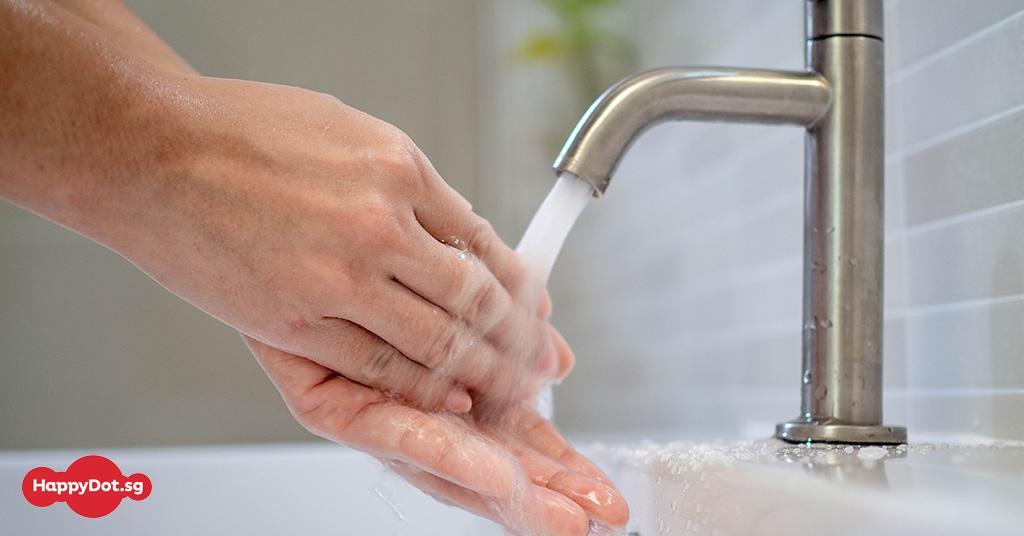
This general rule applies to both water and electricity consumption. Often, we may be guilty of forgetting about our appliances and leave them running when they are not in use. HappyDot.sg’s quick poll results revealed that 46% of Singaporeans turn on their aircons daily! Whether it is in our homes or offices, we should make an effort to always remember to switch off the lights, fans and aircons when we are done with them. With regards to running water, turning the tap off when lathering soap or brushing your teeth saves a ton of water. An estimated two gallons of water flows from a faucet per minute on average! Just by simply turning off the tap while brushing your teeth, you can conserve up to three or four gallons of water a day!
Deleting Unwanted Emails
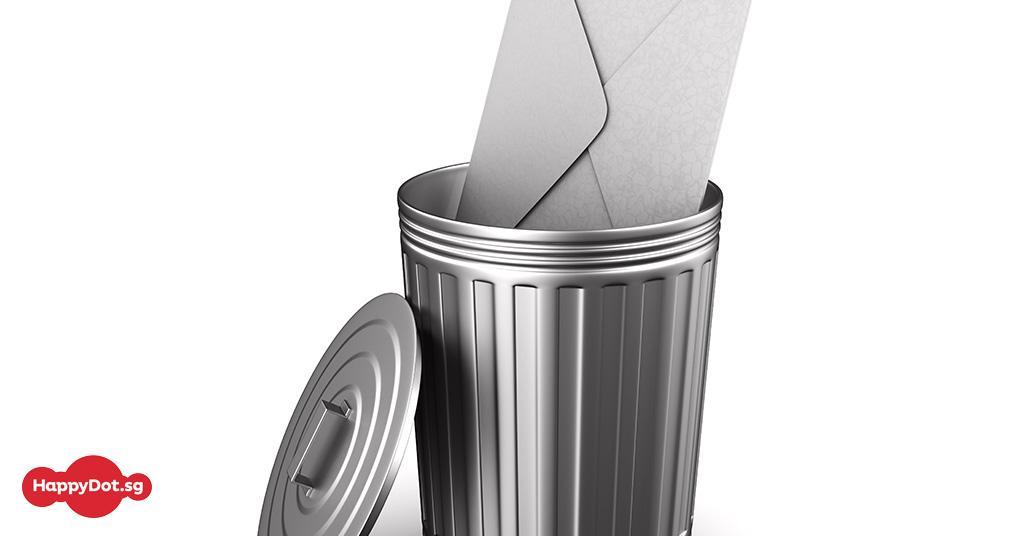
Did you know that hoarding emails from spam to unread and even unwanted ones contributes to carbon emissions? While the idea that it impacts environmental social issues may seem far-fetched, there is much truth to it. Think about it, electricity is generated through fossil fuels and each email has an average carbon footprint of four grams. With more than 280 billion3 emails being sent out every day across the world, the total can amount to approximately 410 million tonnes of carbon dioxide every year! Simply put, the more emails we have, the more storage and electricity we use, leading to greater carbon emissions. Though deleting your emails may seem insignificant, it makes a big difference if all of us consciously do it. It also keeps our inbox structured and organised, leaving only the important data we require.
Cut Down on Plastics
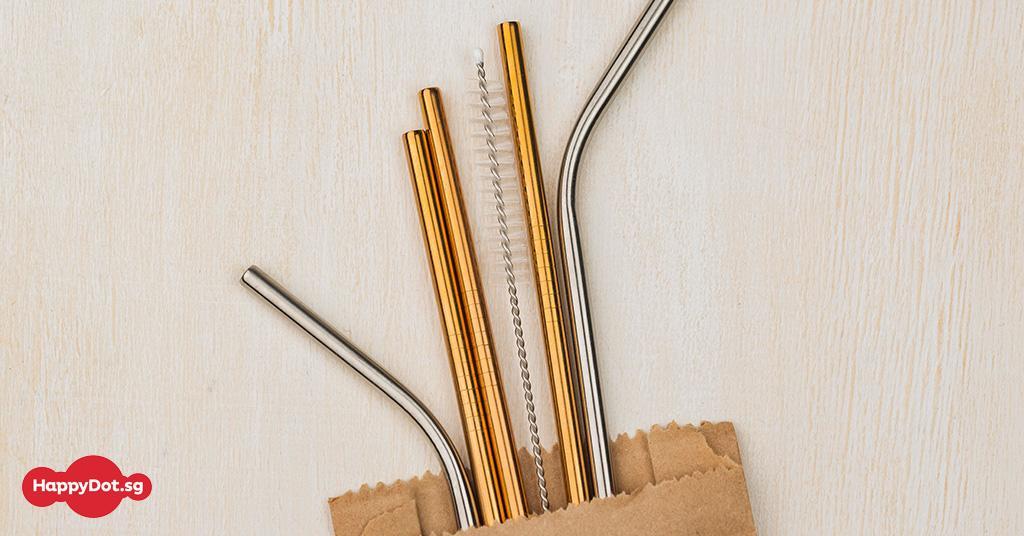
4%4 of our world’s total greenhouse gas emissions come from plastics and sadly, we produce nearly 300 million tonnes5 of plastic waste each year. That is about the weight of the entire population! These plastics could also end up as pollutants, polluting our oceans and contributing to environmental social issues. As such, minimising plastic use can no doubt contribute to a greener earth. One way we can do this is to eliminate plastic straws. Many food and beverage outlets in Singapore are already adopting this practice. Let us opt for reusable straws instead! We can also bring our own bags while shopping, instead of using plastic bags given to us by cashiers. Last but not least, filling up and bringing our own reusable bottle beats buying a new bottle every time. Not only does it cut down on plastics, it also helps to save money!
Recycle
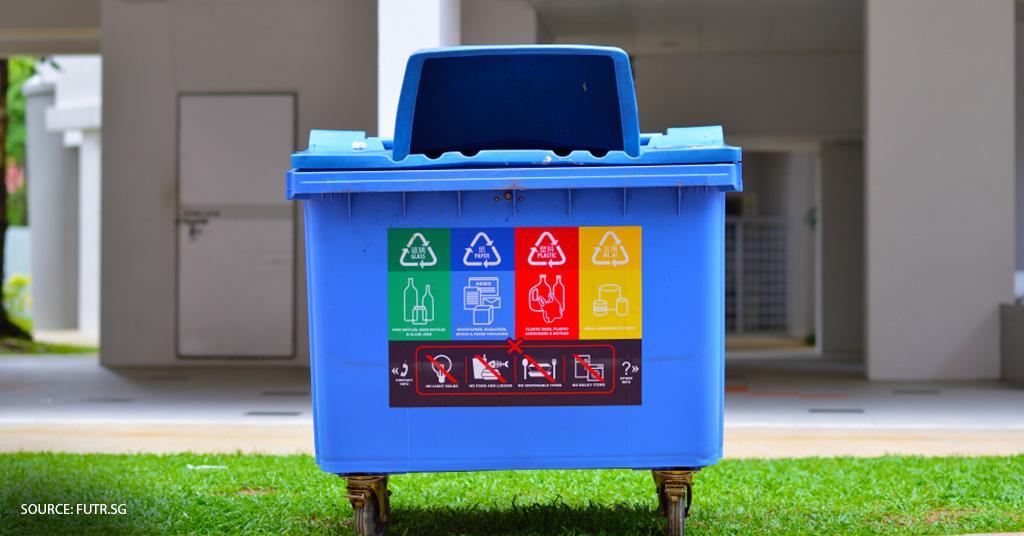
Recycling reduces pollution as less solid waste is generated. The extraction and processing of virgin materials is also decreased. In this way, less energy is used during manufacturing, which helps to save energy and minimise greenhouse gas emissions. There is a growing emphasis on recycling based on current affairs in Singapore, and a number of initiatives have started such as recycling bins in residential estates and community centres, all part of the National Recycling Programme6. Here are things you should take note of when using recycling bins.
- Store all your recyclables in a bag or box.
- Read the label on the recycling bin to have a better understanding of what can or cannot be recycled.
- Ensure your recyclables are uncontaminated by food or liquids.
If you wish to recycle your electronics, there are even designated electronic recycling bins around Singapore you can use too!
Above are just some of the many practices we can adopt to play our part in building a more sustainable world. They may be small actions, but small actions have a great impact when we are all in it together. Rather than waiting for others to make the first move, let us be the ones taking the first step! By starting today, we can make Earth a better and more liveable place for us and our future generations.
Looking to share your thoughts and opinions about current affairs and social issues in Singapore? Sign up with HappyDot.sg where you can participate in paid surveys in Singapore.
4 https://www.wwf.org.au/news/blogs/plastic-waste-and-climate-change-whats-the-connection
